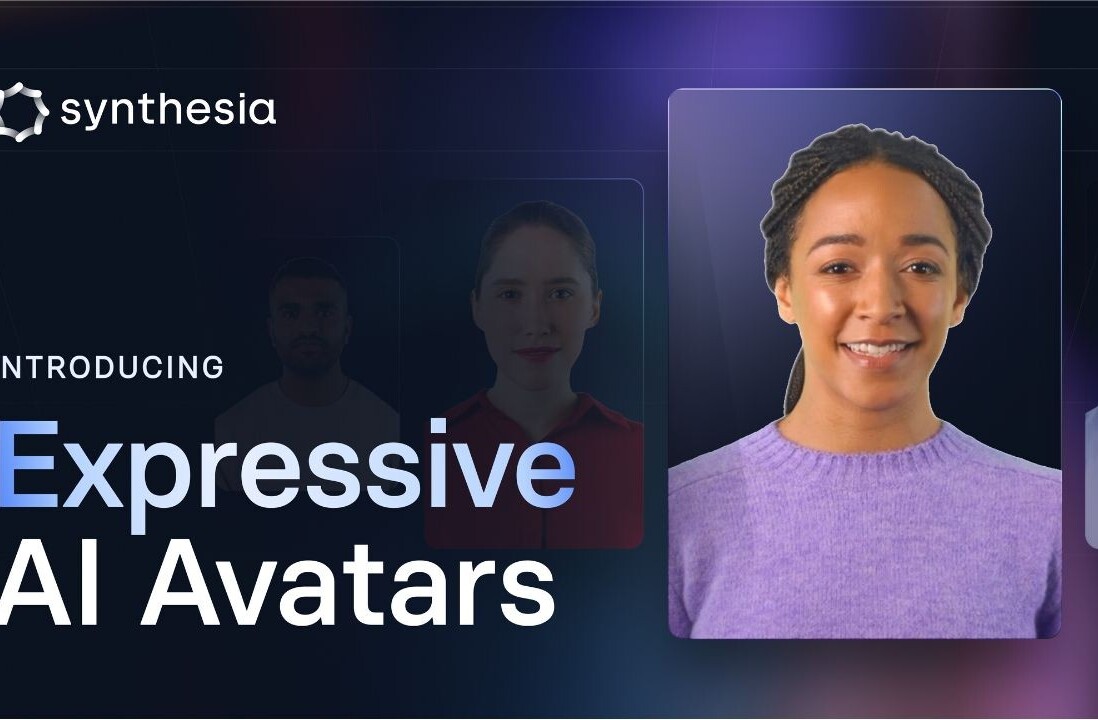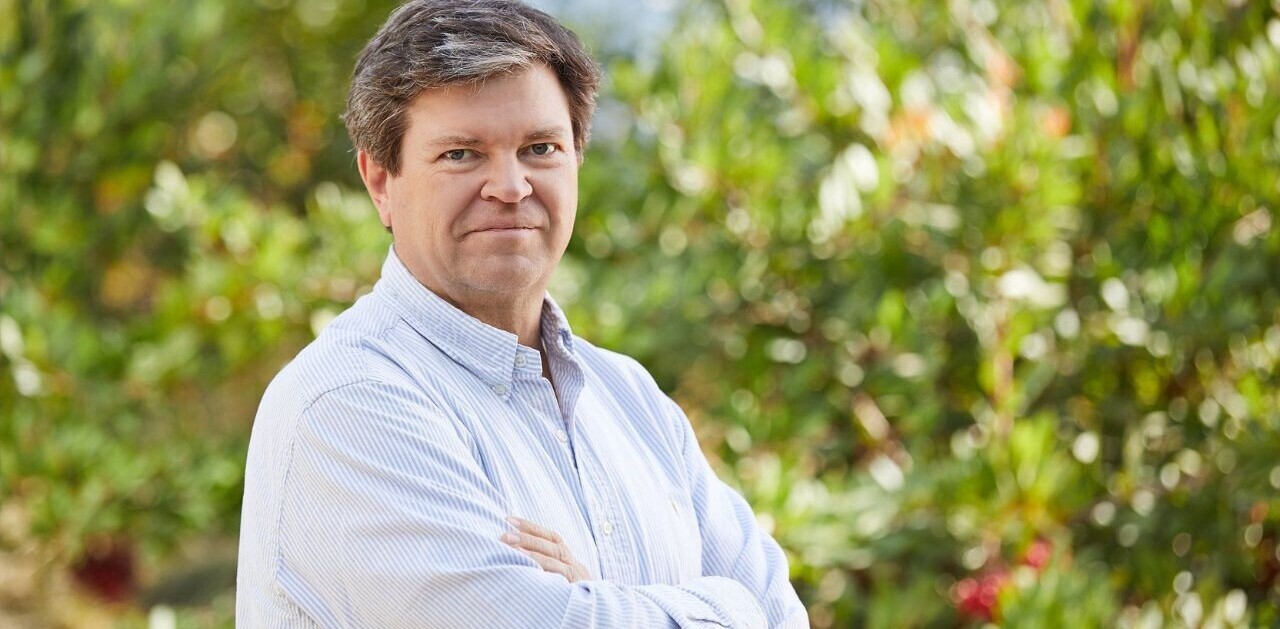

In 1886, the modern corporation was born. The Santa Clara County railroad company incorporated, gaining legal rights just like an individual.
Yesterday at a Social Media Week event in NYC, Benjamin Palmer, CEO of The Barbarian Group, gave a keynote speech titled “Humanizing Brands: It’s Only Taken 192 years.”
Palmer, who has been named one of Creativity’s 50 top creatives and one of Esquire’s ‘Best & Brightest,’ grew up reading the Encyclopedia Britannica on how corporations are structured. The flannel donning 36-year old, stays primed to trends by surrounding himself with a cadre of likeminded tech enthusiasts as head of one of the hippest digital creative agencies in New York City.
So why has it taken 192 years to humanize business? Corporations are entering a new era: Palmer believes social media forces corporations to have the emotional and personal attributes of a human being because they now have to respond to people on Twitter, Facebook and the Web. It’s now a big conversation instead of us versus them. In this new age, brands don’t always realize they are starting over.
Brands and people are forming a new nation on the Internet. In this new nation, new rules lead to new expectations. Don’t be a sociopath on the Web. Communication has evolved and a relationship requires participation from both parties. The more brands act like a human in the real world the better off they will be. Let your hair down, be real; treat them as friends not consumers. Your biggest fans want to embrace you, all they want is to feel some love. They will be your evangelists.
On Politics. In politics, FDR used radio with his fireside chats. JFK won because he looked great on television. Obama won because he is great on the Internet. The CNN/Facebook inauguration mashup was brilliant. Obama can maintain his stature and relevancy by opening up the conversation and by participating in as many channels as possible.
Publishers as Technologists. “Is our new nation one of Wikilosophy?” Palmer asked. “It seems harder these days to imagine a philosopher like Kant will come along with a breakthrough of dogmatic rules and thoughts. Now, everyone is a publisher.” There’s a flood of information on the Internet. To stay competitive, every online publisher has to be aware and decisive of site design, user experience, the timing and quality of stories, and trends in emerging technology.
Palmer had quite a bit to say about Wikileaks: He asked, “When is it wrong to tell the truth? Does the world have the right to know everything?”
‘There’s a quandary, he says, “That the Internet seems like a society resistent to deception but sometimes that information can be too much. At what point does the truth become a danger? The Internet is going from an exploratory play thing to something that is very, very real. Julian Assange, an anarchist living amongst us, forced his morals upon us. We’re doing this wrong, he says. I think I believe him a little bit that we are doing it wrong right now. Assange is probably going to die and be the first big media martyr for the Internet age. And I have to wonder if he wants to be the first person to be killed for leaking information on the Internet?

As CEO, Palmer has lead The Barbarian Group to its position in the industry today –the company has been named Creativity’s Interactive Agency of the Year (2006) and Digital Company of the Year (2008), and was recently recognized as one of the world’s 50 most innovative companies by Fast Company. After his keynote I had the terrific opportunity to sit down with Palmer to discuss news consumption, technology trends, what brands are doing right and what brands are doing wrong. Be sure to check out our video interview after the jump.
CBM: How you keep up with the news?
Benjamin Palmer: There are so many different ways to read the news, on so many devices, through so many channels and applications that the general consensus is that a lot of the news sites want to trap you; they want you to fall into this little hole. I’ve ended up coming back to the Google News aggregator, which mathematically pulls in stories from everywhere based on algorithms of interest. It’s my job to stay stimulated and fortunately I’m surrounded by 120 people at The Barbarian Group who stay up on technology. Ultimately nothing replaces talking to real people about what they’re interested in.
CBM: How do you react when you recognize an idea or trend is going to stick?
BP: More often than not, I’m not as interested at being the first one to do something, of being first out of the gate with technology, a trend or new joke. I’m more interested in being the first to do something right. When I look back on what worked it was usually not because I was the first person to use new technology or jump on a trend but because I waited until it was in its second wave of interest. I’m way more interested in the big cultural moment, in something with a foundation that’s going to last. How do we step far back from the situation and look at, ‘What are the big steps? Where do we want to take all of this social media stuff?’
CBM: Can you tell me about a project where you were successful using this approach?
BP: A few years ago we turned Red Bull into a media company on the web. They had 900 microsites like BrazilianCliffDivingChampionships1995.com. They were generating all this content and events and nothing was connected to anything else. The trend for 5 years of their digital activities had been microsites and discreet experiences with flashy new designs. We came in and did something old fashioned. We basically said your new enemy is ESPN not Coca Cola. We’re going to make a better content site than ESPN with more progressive social features. We’re going to do something that was a new idea 5 years in a modern way with compelling content. Now their traffic is up 800%.
CBM: What brands fail with social media?
BP: Industries that are overly regulated like big pharma and alcohol brands. BUD TV spent 15 million dollars on crazy video content. At this point YouTube was established but because the alcohol industry is so concerned with getting sued, they made a grievous fatal error, and made their own website with content that could only be accessed through a login and it couldn’t be shared. It was a complete failure. Content has to be extremely portable so people can send it around.
CBM: To what degree do you see brands becoming online publishers?
BP: If a brand says, ‘Contents the new trend! So we should be making content!’ It’s going to be a big mistake for brands who think that is a good bandwagon to jump on. You don’t have to have Twitter, Facebook, Foursquare or a YouTube channel. It’s not actually required. If you have something to say, or if you can think of something to say that’s going to endear yourself to people then figure out what that is and the right communication channel for that. It’s an amazing question to ask yourself. ‘If I was going to be a content publisher as a brand, then what would that be?’ Make sure you have something worth saying, don’t just spew out content for no reason.
To hear Palmer’s predictions for how companies will act in the future of social media, watch this exclusive TNW interview.
Get the TNW newsletter
Get the most important tech news in your inbox each week.





